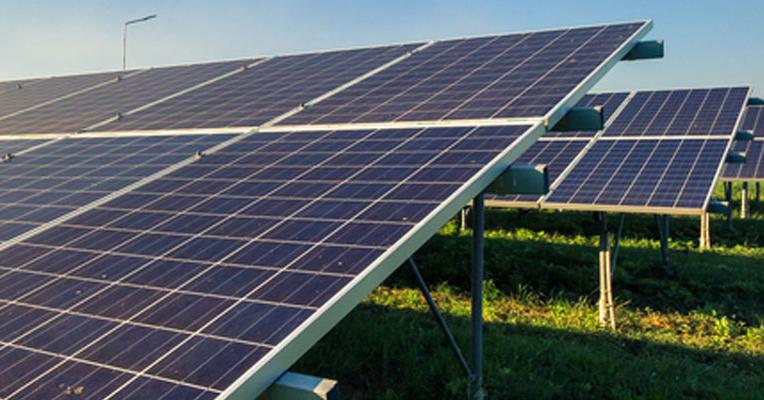Hi all…
I have been kicking the tires of a solar array for nearly 10 years, but have never felt confident enough that I knew enough to pull the trigger. How long can I kick tires?
So here’s where my hesitations still come from… I was contacted by SunRun recently… They indicated that solar loans are still being subsidized significantly, and interest rates haven’t skyrocketed with every other rate in the US. Does this ring true?
Is now a good time to be considering a 14/16 panel array for the top of my house?
What should I be considering before I get back into getting new quotes?
Ned was awesome on here last year when I was looking around last. Are you still on here, Ned?
I can never seem to get to the bottom of whether I would be better off with micro inverters or a single basement inverter. Any new developments in that arena? My house does have partial shading in the winter.
SunRun says that solar panels are more efficient these days, and are suggesting somewhere around 450 kW panels are now fairly common. So, they say I may need less panels.
Is SunRun a reputable company that you think is worthy of consideration? They were trying hard to sell me a lease last year. I had no interest in that. They’ve been calling me nonstop for the last few weeks, and I haven’t had much interest in talking to them yet before I get more info.
The more complicated part is the 30% federal tax incentive. That all sounds great, but SunRun says that if I don’t give them that tax money, my monthly loan bill will go up a good chunk, and I’d like to avoid that.
Tell me if you think I am understanding this correctly… I am self-employed, and often have a fairly big tax bill at the end of the year… If I put in for the 30% rebate, isn’t the federal government going to pretty much just take that tax rebate to satisfy my tax debt at the end of the year, rather than giving me 30% out right? Is my understanding of that correct? That means I would have to either pay a good chunk of money to the federal government for taxes, or pay the loan company, a big chunk of money on the spot, or just have an increase of my electric bill, which is making me hesitate a bit.
Anyways… Any discussion of this would be certainly helpful, since it’s been a little while since I’ve done any research on it.
Thanks for anything you have to offer!
I have been kicking the tires of a solar array for nearly 10 years, but have never felt confident enough that I knew enough to pull the trigger. How long can I kick tires?
So here’s where my hesitations still come from… I was contacted by SunRun recently… They indicated that solar loans are still being subsidized significantly, and interest rates haven’t skyrocketed with every other rate in the US. Does this ring true?
Is now a good time to be considering a 14/16 panel array for the top of my house?
What should I be considering before I get back into getting new quotes?
Ned was awesome on here last year when I was looking around last. Are you still on here, Ned?
I can never seem to get to the bottom of whether I would be better off with micro inverters or a single basement inverter. Any new developments in that arena? My house does have partial shading in the winter.
SunRun says that solar panels are more efficient these days, and are suggesting somewhere around 450 kW panels are now fairly common. So, they say I may need less panels.
Is SunRun a reputable company that you think is worthy of consideration? They were trying hard to sell me a lease last year. I had no interest in that. They’ve been calling me nonstop for the last few weeks, and I haven’t had much interest in talking to them yet before I get more info.
The more complicated part is the 30% federal tax incentive. That all sounds great, but SunRun says that if I don’t give them that tax money, my monthly loan bill will go up a good chunk, and I’d like to avoid that.
Tell me if you think I am understanding this correctly… I am self-employed, and often have a fairly big tax bill at the end of the year… If I put in for the 30% rebate, isn’t the federal government going to pretty much just take that tax rebate to satisfy my tax debt at the end of the year, rather than giving me 30% out right? Is my understanding of that correct? That means I would have to either pay a good chunk of money to the federal government for taxes, or pay the loan company, a big chunk of money on the spot, or just have an increase of my electric bill, which is making me hesitate a bit.
Anyways… Any discussion of this would be certainly helpful, since it’s been a little while since I’ve done any research on it.
Thanks for anything you have to offer!




 ). It is more expensive than one inverter, but in the long run, I believe it has been worth it for me.
). It is more expensive than one inverter, but in the long run, I believe it has been worth it for me.
